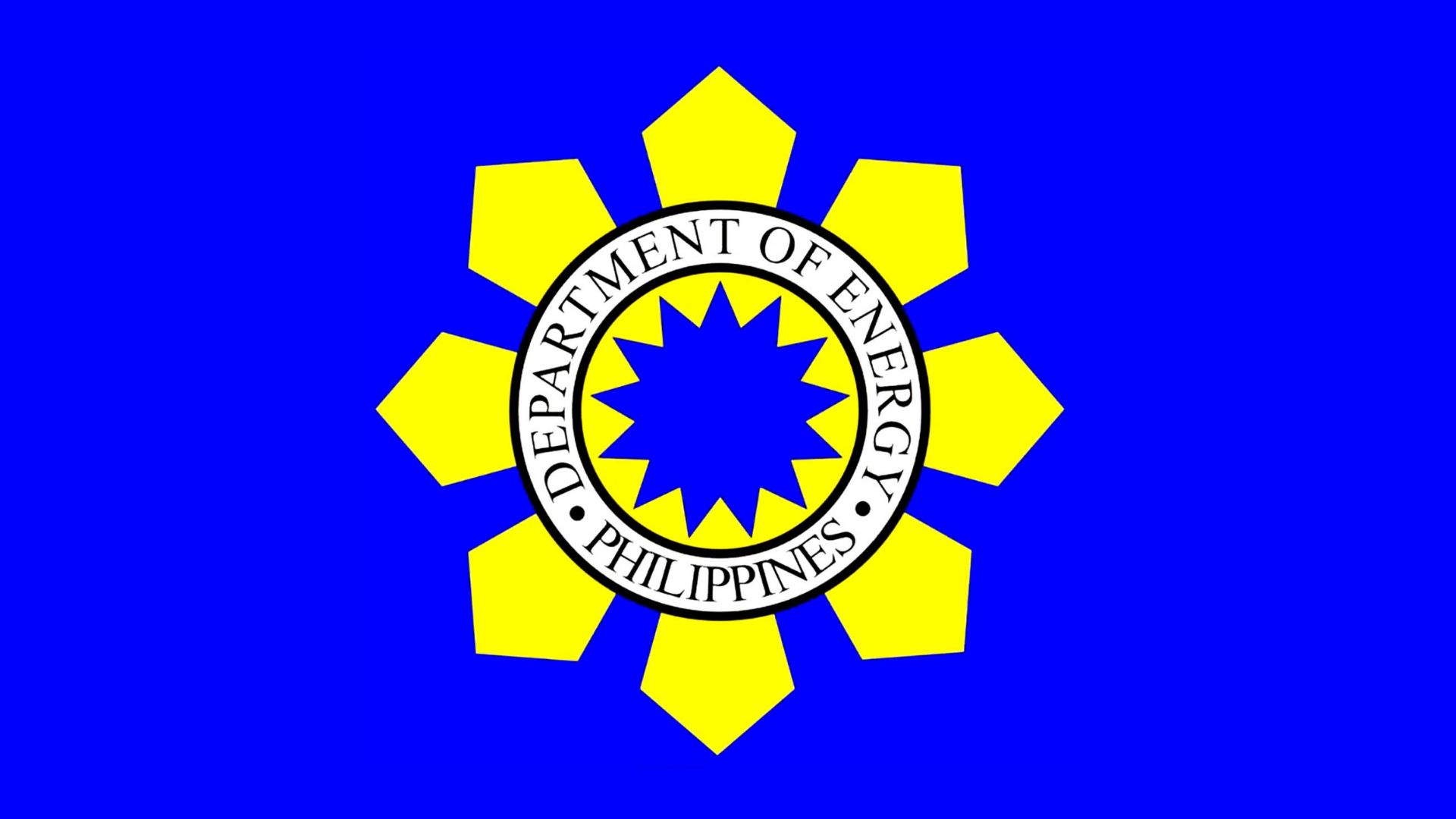DOE looks to clarify PCC role in EPIRA
- May 24, 2023
- 0

The Department of Energy (DOE) wants to clarify the influence of the Philippine Competition Commission (PCC), specifically in relation to that of the Energy Regulatory Commission (ERC), under the proposed amendments of the Republic Act 9136 or the Electric Power Industry Reform Act (EPIRA) of 2001.
In a report by the Philippine Star, Energy Secretary Raphael Lotilla said that amending the EPIRA is a continuing effort, adding that they can adjust certain parts “that may require some tweaking.”
Lotilla emphasized the importance of clarifying the powers concerning the power sector of both the ERC and the PCC, as well as the penalties that the ERC can impose.
Under EPIRA, ERC focuses on market development, penalizing market power abuse, promoting competition, and safeguarding customer choice.
On the other hand, the PCC is a regulatory body responsible for enforcing the national competition policy and upholding the Philippine Competition Act, which aims to foster and safeguard competitive markets.
In 2019, the ERC and PCC signed an MOA delineating their roles in investigating unfair business practices, abuse of dominance, and anti-competitive transactions in the power industry. The agreement aimed to promote fair competition and protect consumer interests.
Meanwhile, Energy Assistant Secretary Mylene Capongcol shared that the agency is aiming to release the country’s updated energy roadmap by September.
She further explained that a draft of the new Philippine Energy Plan has been finished and is currently being finalized.
The Philippine Energy Plan, originally spanning from 2020 to 2040, will now be extended until 2050.
Under the original plan, DOE aims to boost the proportion of renewable energy (RE) in the power mix to 35% by 2030 and 50% by 2040.
Capongcol cleared that the 35% target by 2030 would be maintained.
Regarding nuclear energy, she mentioned that it is among the technologies currently under exploration and being evaluated as a potential long-term solution for power generation.